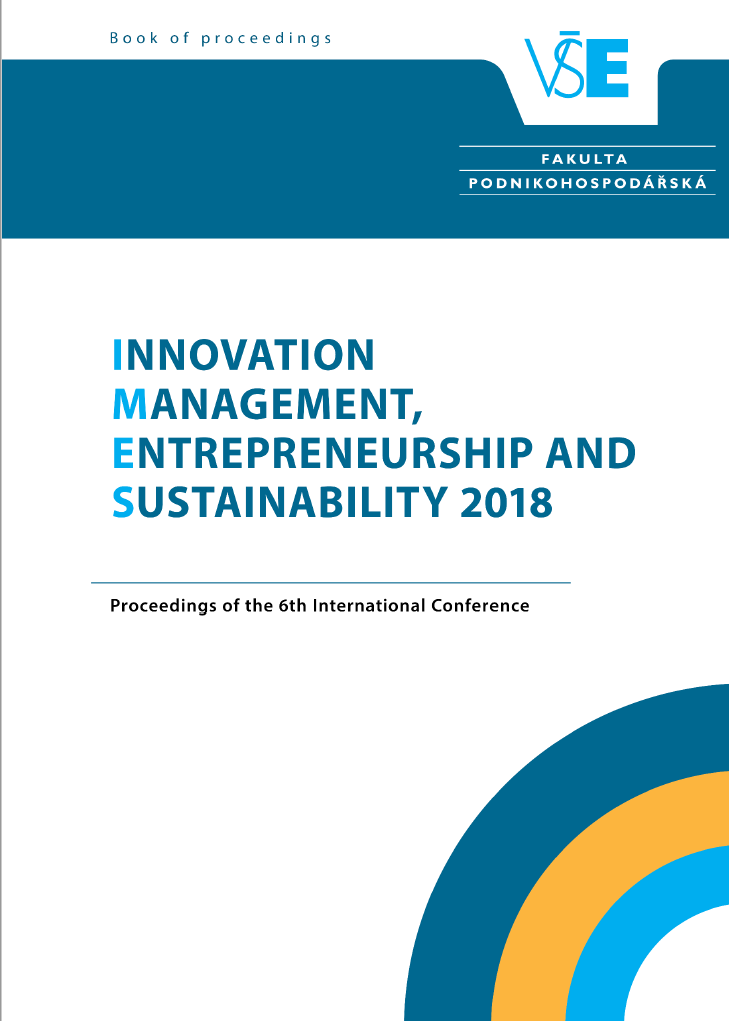Smartainability and Mobility Strategy: The Case of Belgian Localgovernments
Smartainability and Mobility Strategy: The Case of Belgian Localgovernments
Author(s): Djida Bounazef Vanmarsenille, Nathalie Crutzen
Subject(s): Social Sciences, Economy
Published by: Vysoká škola ekonomická v Praze
Summary/Abstract: Purpose:In order to be smarter and more sustainable, local governments have to face urban mobility challenges. Even if they integrate sustainable and smart approaches, local governments meet obstacles to define the adapted combination between smart mobility and sustainable mobility. For this propose, this paper aims at understanding the impact of different combinations on the development of mobility strategies in Belgian local governments. The alternative Venn diagrams of urban mobility developed by Lyons (2016) are used as a theoretical lens to explore the link between smartainability and mobility strategy.
Design/methodology/approach:An exploratory case study was used for the propose of this study. The case study utilised semi-structured interviews with mobility managers in ten Belgian local governments. To strengthen the analysis, documentary analysis with a focus on publicly-available reports on sustainability, smart city strategies and urban mobility were collected before and after the interviews. Further, different mobility projects initiated by start-ups and organisations of local governments have been collected during different mobility meetings in Belgium.
Findings: Even if there aredifferent combinations between smart and sustainable mobility, the definition of sustainability as a part of smart mobility contributes to develop mobility strategy. This ““smartainable”” alternative encourages transitions to anticipate future challenges. Citizens are initiated to new solutions and are eager to contribute in the development of mobility strategy. All public, private and civil actors collaborate to face sustainability challenges like pollution and CO2 emission. Mobility strategy is then more oriented towards integrated smart mobility platforms.
Research/practical implications:The outcomes for practice of this paper is to identify the best combination between smart and sustainable approaches to facilitate the development of strategies in local governments. Moreover, these exploratory case studies offer new insights for future research on the concept of smartainability in strategic axes of smart city such as mobility.
Originality/value:Current researches on urban mobility follow either a sustainable paradigm or a smart paradigm. There arefew researches exploring the interdependencies between the two paradigms. In addition, there is no significant researches which explored the link between smartainability and mobility strategy in the context of public sector.
Book: Innovation Management, Entrepreneurship and Sustainability (IMES 2018)
- Page Range: 115-127
- Page Count: 13
- Publication Year: 2018
- Language: English
- Content File-PDF

